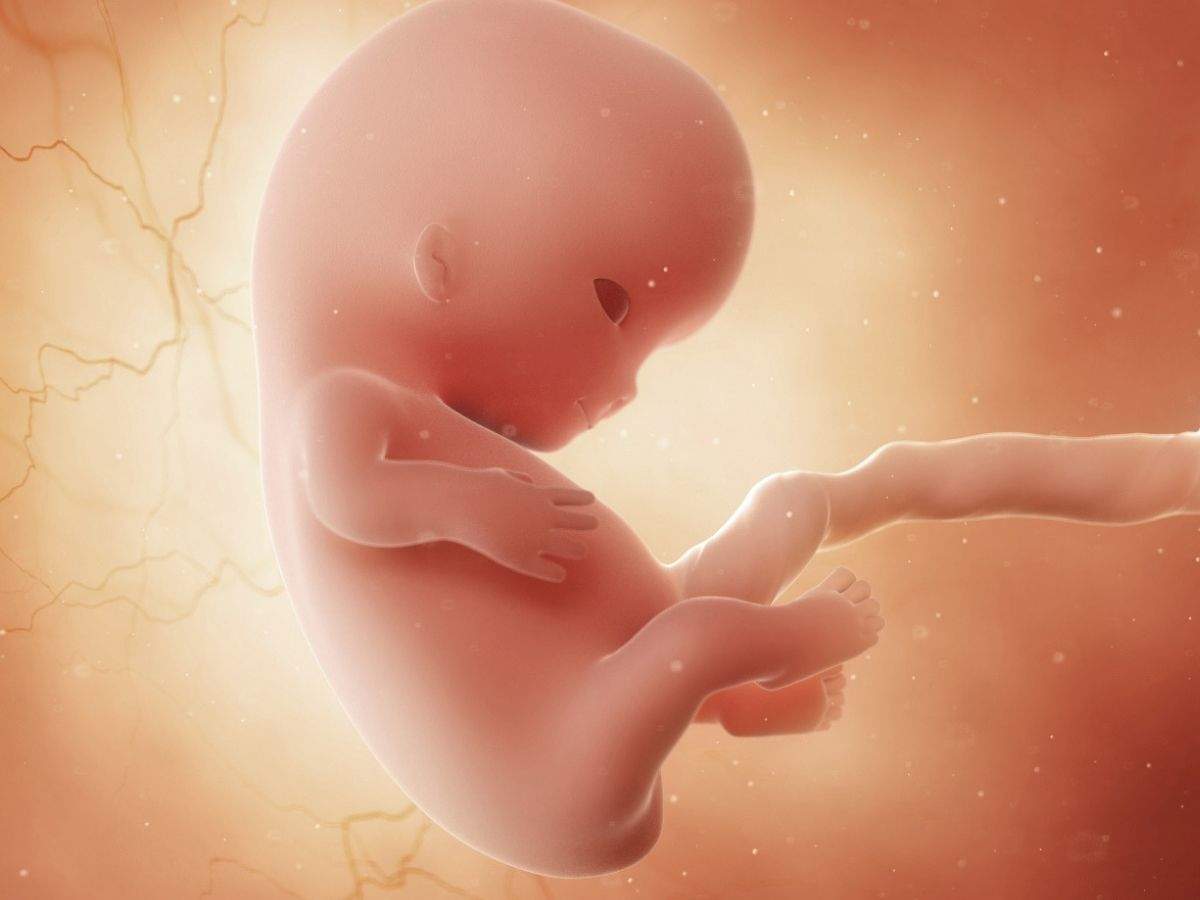Understanding Human GestationPosted by Albert Thomas on January 7th, 2021 Gestation refers to the time between conception and birth in all mammals when the fetus grows in the womb. This period varies between 38 and 42 weeks, with those born before 37 weeks being considered premature and those who born past 42 weeks as post mature in humans. Gestation age may not be unknown, but the fetus's development stage is commonly used to estimate its age. The age is measured in weeks from the first day of the last period. The fetus's growth starts immediately after fertilization occurs, but this can be confirmed by a medical doctor through an ultrasound or after delivery using the Ballard Scale to access the child's physical maturity. The gestation age is divided into two phases: the embryonic period between weeks five and ten of the pregnancy when implantation occurs, and the fetal phase, from week ten to birth. The Difference between Gestational Age and Fetal Age Gestational age is calculated from the first of the last period to the delivery date, while fetal age is calculated from conception. And since ovulation occurs two weeks after the last period for fertilization, then it is natural that the fetal age is two weeks behind. This would be the most accurate way to measure the fetus age, but it is hard to tell when fertilization occurred correctly.
Due Date Calculation Your gynecologist or doctor may calculate your due date using ultrasound on your first trimester. This can also be estimated manually using your last period start date, adding seven days, then counting three months backward the add a year. The latter assumes that you have a regular period cycle. If you are curious to know more about human gestation, I advise you to visit on mommyhood101.com/early-signs-of-pregnancy that will helps you. Different Types of Gestational Disorders Gestational Diabetes This type of diabetes that some women may develop mostly after the 20th week of their pregnancy is expected to normalize post-delivery. This is caused by the placenta's hormones that inhibit the optimal insulin operation, leading to increased sugar levels in the blood. The following are considered as predisposing factors:
This can be monitored and control with or a combination of nutrient-dense diet and exercise or as advised by your doctor though some ladies may be put on medication to control the condition. This type of diabetes may cause premature births, malfunctioned respiratory system of the baby, and emergency cesarean section to safe birth mom and baby, and low blood sugar levels post-delivery. It also predisposes one to type 2 diabetes. Gestational Hypertension Pregnancy-induced hypertension (PIH) refers to increased blood pressure that develops when one is pregnant. It is likely to also occur after week 20 of the pregnancy and clears after delivery. Those likely to be affected are first-timers, hereditary predisposition, carrying multiple babies, had high blood pressure before or at an advanced age. Depending on the severity and the stage of the pregnancy, the doctor will advise accordingly. Like it? Share it!More by this author |



